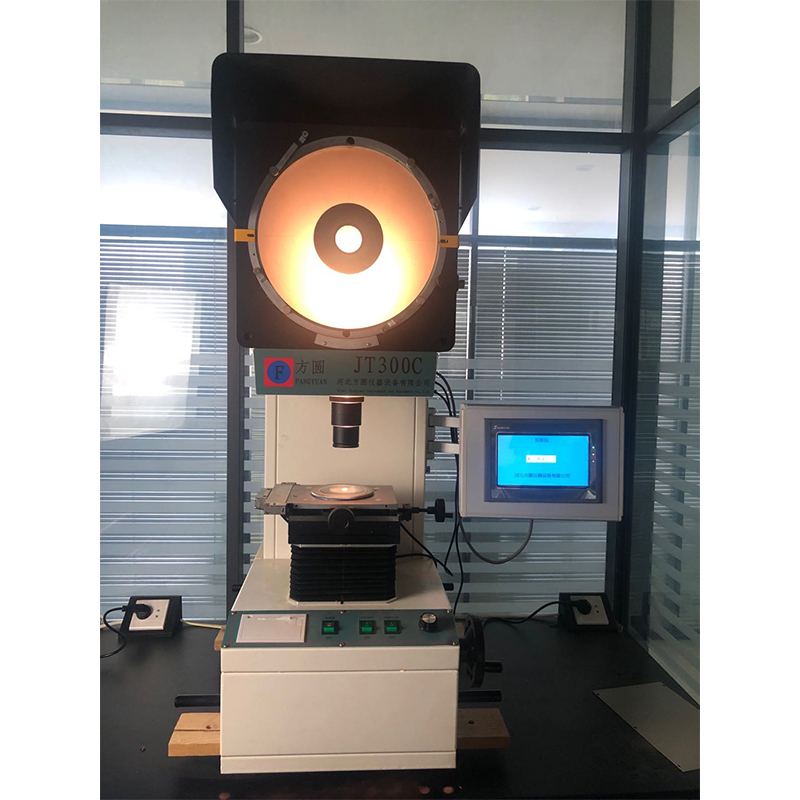Supplier of Instruments for Measuring Conductor Resistance and Electrical Properties
Understanding Conductor Resistance Measuring Instruments A Guide for Suppliers
In the world of electrical engineering and power systems, measuring the resistance of conductors is a crucial task. It ensures the efficient operation of electrical systems, reduces energy losses, and prevents overheating, thereby enhancing the safety and reliability of electrical installations. As a supplier of conductor resistance measuring instruments, it is essential to understand the significance, types, and key features of these instruments to effectively meet the needs of your customers.
The Importance of Measuring Conductor Resistance
Conductor resistance measurement is vital for several reasons. Firstly, the resistance of conductors can change due to temperature variations, wear, or mechanical stress, which can affect the overall performance of electrical systems. High resistance can lead to increased heat generation, which can damage components or reduce efficiency. Regular testing ensures that resistive elements are functioning within their optimal ranges, supporting safety and efficiency.
Moreover, accurate measurement of conductor resistance is typically required to comply with various industry standards and regulations, particularly in sectors such as power generation, transmission, and distribution. These standards often mandate specific resistance values to ensure minimal power loss and operational reliability.
Types of Conductor Resistance Measuring Instruments
There are various types of measuring instruments used to evaluate conductor resistance. The selection of the appropriate tool depends on the specific application, the range of resistance, and the required measurement accuracy.
1. Four-Wire Ohmmeters These instruments are widely used due to their high accuracy in measuring low resistance. They utilize a four-wire configuration that eliminates the effects of lead resistance, ensuring precise readings. This method is particularly effective for measuring the resistance of large conductors and connections.
2. Micro-ohmmeters Designed for measuring very low resistances, micro-ohmmeters are essential for test applications like measuring the resistance of shunts, transformers, and motor windings. Their ability to provide highly accurate low-resistance measurements makes them invaluable in maintenance and quality control processes.
3. Bridge Meters These instruments operate on the principle of the Wheatstone bridge, offering high accuracy for both high and low resistance measurements. They are ideal for laboratory settings and high-precision applications.
4. Digital Multimeters (DMMs) While primarily used for various electrical measurements, many DMMs also provide resistance measurement functions. They are versatile tools suitable for general-purpose testing, making them popular among technicians and engineers.
conductor resistance measuring instrument supplier

5. Handheld Resistance Testers These portable devices are designed for on-site testing, allowing technicians to measure resistances quickly and efficiently without the need for a laboratory setup.
Key Features to Look For
When selecting conductor resistance measuring instruments, certain features are essential for optimal performance
- Accuracy and Resolution The degree of precision is paramount. High-quality instruments typically offer features that provide detailed and accurate resistance measurements across a wide range.
- Range of Measurement Suppliers should consider the range of resistances that the instruments can measure. Instruments with broader ranges are typically more versatile.
- User-Friendly Interface An intuitive display and easy-to-navigate controls are critical for effective operation, especially in field conditions.
- Durability and Portability Given that many measurements are conducted on-site, instruments should be rugged and portable, capable of withstanding various environmental conditions.
- Calibration and Certification Instruments should come with guidelines for calibration and certification to ensure they meet industry standards and deliver reliable results.
Conclusion
As a supplier of conductor resistance measuring instruments, understanding these aspects is vital to cater effectively to your customer base. By offering a range of instruments that encompass various testing needs, along with detailed specifications and support, you position your company as a trusted partner in the electrical testing industry. Whether your customers are maintenance engineers, quality assurance teams, or laboratory technicians, providing high-quality, reliable resistance measuring instruments will enhance their operational efficiency and safety, thereby fostering long-term client relationships.
-
Why the Conductor Resistance Constant Temperature Measurement Machine Redefines Precision
NewsJun.20,2025
-
Reliable Testing Starts Here: Why the High Insulation Resistance Measuring Instrument Is a Must-Have
NewsJun.20,2025
-
Flexible Cable Flexing Test Equipment: The Precision Standard for Cable Durability and Performance Testing
NewsJun.20,2025
-
Digital Measurement Projector: Precision Visualization for Modern Manufacturing
NewsJun.20,2025
-
Computer Control Electronic Tensile Tester: Precision and Power for the Modern Metal Industry
NewsJun.20,2025
-
Cable Spark Tester: Your Ultimate Insulation Assurance for Wire and Cable Testing
NewsJun.20,2025
 Copyright © 2025 Hebei Fangyuan Instrument & Equipment Co.,Ltd. All Rights Reserved. Sitemap | Privacy Policy
Copyright © 2025 Hebei Fangyuan Instrument & Equipment Co.,Ltd. All Rights Reserved. Sitemap | Privacy Policy
